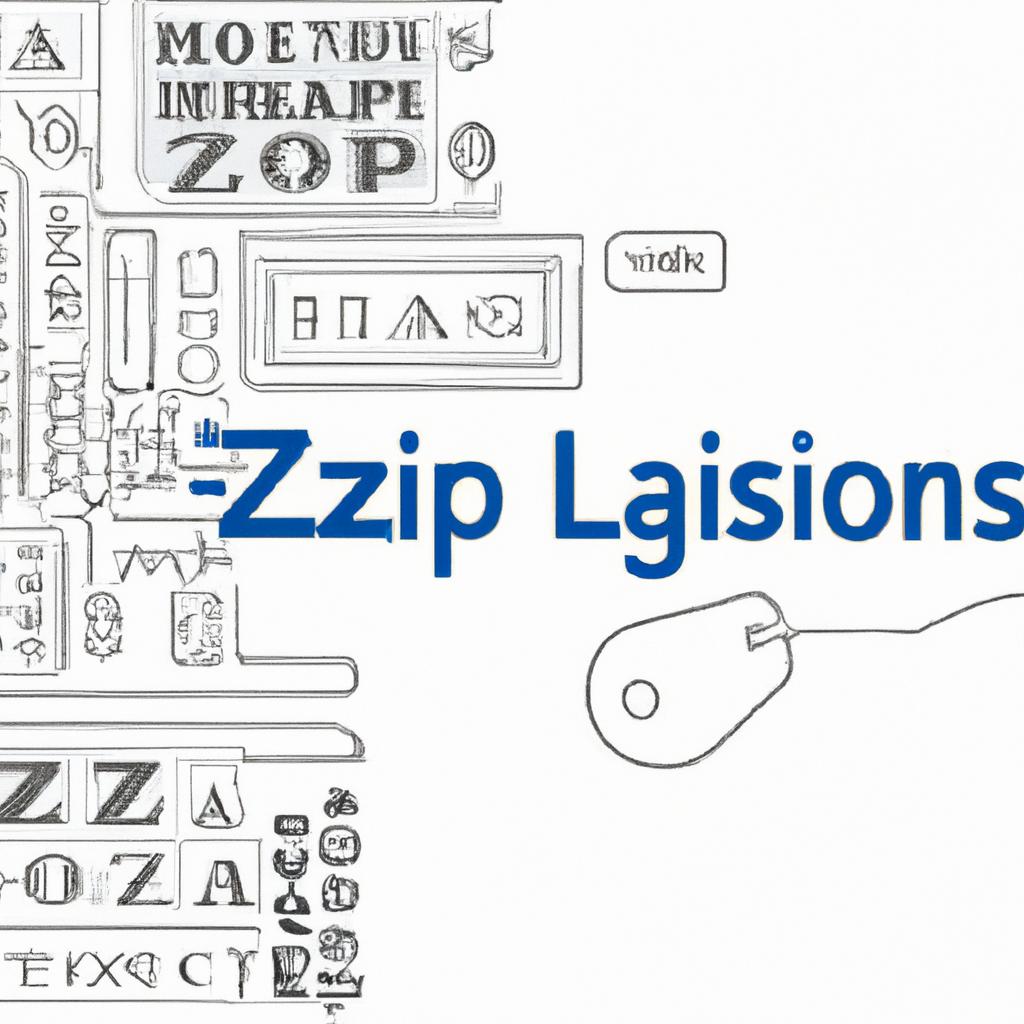In an increasingly interconnected world, where every click and comment can ripple through the digital landscape, the integrity of a brand stands as a beacon of trust and reliability. Yet, this trust is often put to the test by the complexities and nuances of marketing regulations, particularly in the realm of zip code protection rules. These regulations serve a vital purpose, safeguarding the interests of consumers and businesses alike. As brands navigate the intricate dance of growth and compliance, understanding the importance of respecting these guidelines becomes paramount. This article delves into the significance of zip code protection, exploring how it not only preserves brand integrity but also fosters a respectful marketplace where both consumers and companies can thrive together. Join us as we uncover the delicate balance between innovation and responsibility in the world of branding.
Navigating the Landscape of Zip Code Protection Regulations
Understanding the intricacies of zip code protection regulations is essential for businesses that rely on geographic branding. These regulations play a crucial role in maintaining a fair marketplace, safeguarding both consumers and brand owners. By adhering to these rules, businesses can ensure their identities are not only protected but also respected within their specific regions. Key factors to consider include:
- Compliance with Local Laws: Familiarizing yourself with local zip code regulations will help you mitigate risks associated with non-compliance.
- Impact on Marketing Strategies: Tailoring your marketing efforts based on zip code restrictions can enhance your brand’s relevance in specific areas.
- Understanding Competition: Knowing the zip code landscape helps in strategizing against competitors who might infringe on your space.
The complexities of these regulations can sometimes be overwhelming, which is why leveraging resources that outline the boundaries is essential. To simplify these considerations, businesses can refer to the following table that highlights key aspects of zip code protection:
| Aspect | Description |
|---|---|
| Legal Framework | State and federal laws governing geographic trademarks. |
| Enforcement | How authorities manage and uphold these regulations. |
| Brand Identity | Importance of incorporating zip codes in your branding efforts. |

The Ripple Effect of Compliance on Brand Reputation
Adhering to zip code protection rules is more than just a matter of legal obligation; it is a cornerstone of brand integrity that can significantly influence public perception. Companies that prioritize compliance demonstrate **accountability** and **transparency**, fostering trust among consumers. When businesses respect these regulations, they not only safeguard sensitive data but also cultivate an environment where customers feel secure engaging with their brand. This proactive approach sets off a chain reaction, encouraging positive word-of-mouth, enhancing customer loyalty, and ultimately shaping a more favorable brand image in a competitive landscape.
Moreover, the ramifications of non-compliance can be severe, jeopardizing not only the brand’s reputation but also its bottom line. Potential repercussions may include financial penalties, legal challenges, and a damaging public backlash, all of which can erode consumer confidence. Consider the consequences:
| Consequence | Description |
|---|---|
| Legal Penalties | Fines or lawsuits due to breaches of compliance regulations. |
| Loss of Trust | Customers may turn to competitors perceived as more responsible. |
| Negative Publicity | Media coverage can tarnish a brand’s image for years. |
By committing to compliance with zip code protection rules, brands can not only protect their reputation but also establish themselves as industry leaders who value customer welfare. This level of respect for privacy standards directly correlates with enhanced brand loyalty, positioning excellence in both ethical practices and customer relations.

Strategies for Upholding Brand Integrity through Localized Marketing
Upholding brand integrity while navigating the complexities of localized marketing requires a strategic approach that prioritizes community connection and cultural sensitivity. By implementing **targeted strategies** tailored to specific demographics, brands can build stronger relationships with their audiences. Consider the following approaches:
- Market Research: Conduct thorough research to understand local customs, preferences, and values. This knowledge enables brands to craft messaging that resonates authentically.
- Collaborations with Local Influencers: Partner with community figures who genuinely align with your brand values, as their endorsement can enhance credibility.
- Localized Content Creation: Develop marketing materials that reflect local languages, symbols, and stories, fostering a sense of belonging among consumers.
Another effective way to ensure that your brand maintains its integrity is by being transparent and adaptable. Responding to local feedback with agility can significantly enhance your reputation. Consider tracking engagement metrics across various locales and adjusting your strategies accordingly. Below is an illustrative representation of how brands can adapt their marketing tactics based on real-time feedback:
| Feedback Source | Response Strategy |
|---|---|
| Social Media Polls | Create localized campaigns addressing specific interests. |
| Community Surveys | Adjust product offerings to better meet local needs. |
| Sales Data Analysis | Optimize marketing strategies based on purchasing trends. |
Final Thoughts
navigating the intricate landscape of brand integrity requires not only a keen understanding of market dynamics but also a steadfast commitment to ethical practices. Respecting zip code protection rules is not merely a legal obligation; it is a foundational pillar that sustains the trust between brands and their consumers. As we move further into an era where consumer awareness and brand accountability are paramount, embracing these regulations empowers businesses to reinforce their identities while enhancing customer loyalty. Ultimately, safeguarding brand integrity is a shared responsibility—one that fosters a healthy marketplace and cultivates lasting relationships. By honoring the principles of zip code protection, businesses can not only protect their reputations but also contribute to a more equitable and transparent commercial landscape. As we reflect on the significance of these rules, let us take a step forward, ensuring that respect and integrity remain at the forefront of our brand strategies.
